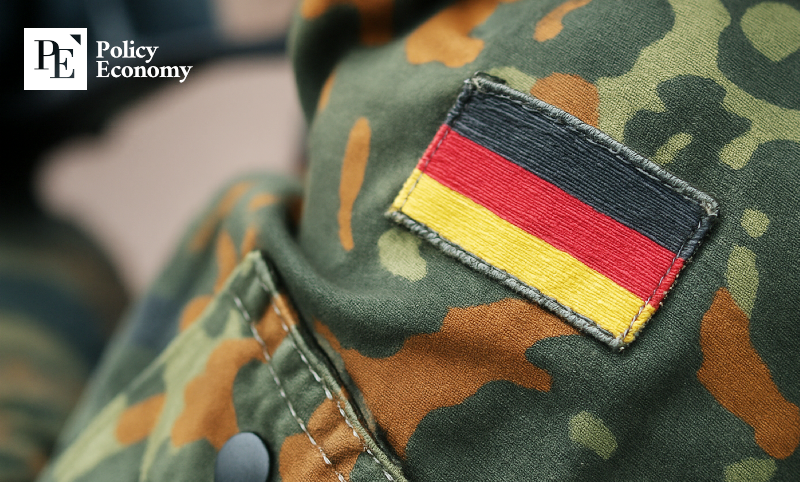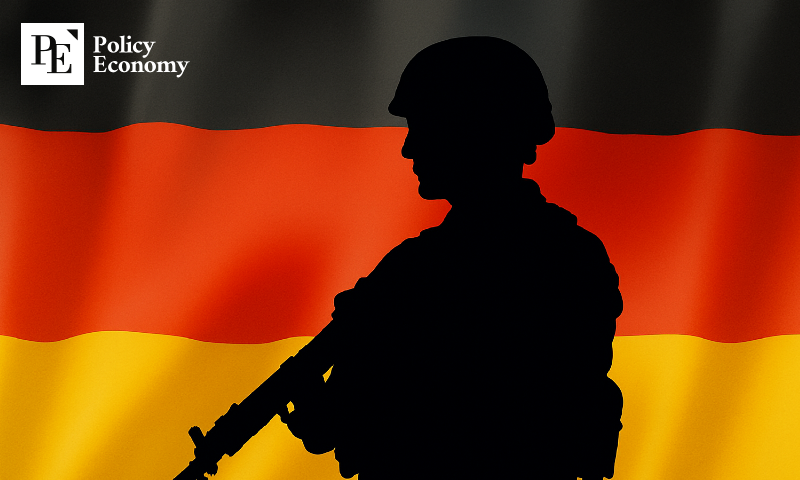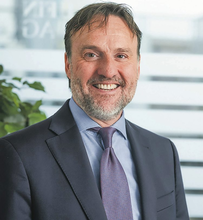“Rearming Germany” Sparks Active Debate on Conscription — Including Proposals for Female Draft
Input
Modified
Rearmament Push Triggered by Ukraine War NATO Urges Germany to Boost Troop Levels by 40,000 New Government Ramps Up Security Drive with Daily Calls for ‘War Readiness’

In Germany, which has been pursuing rearmament since the outbreak of the war in Ukraine, the debate over reinstating conscription is reigniting. Critics argue that continued reliance on voluntary enlistment will fall short of meeting NATO troop targets. As conscription is being reconsidered for the first time in 14 years since the adoption of an all-volunteer force in 2011, there are growing calls within Germany to extend mandatory service equally to women as well as men.
Calls for “Mandatory Service for Both Men and Women” Grow in Germany
On June 9 (local time), Stern magazine reported that Thomas Röwekamp, Chair of the Bundestag Defense Committee, declared that “Out of the 700,000 people finishing school each year, only 10,000 choose to serve in the Bundeswehr.
We cannot enjoy freedom and prosperity while relying solely on the duties of others.”
He advocated for the introduction of universal mandatory service for both men and women. This would include not only military service but also compulsory work at fire departments and other public institutions.
Since the outbreak of the war in Ukraine, Germany has been debating the revival of conscription, which was abolished in 2011. The discussion had subsided after the Ministry of Defense proposed an amended conscription law focused on voluntary enlistment, based on a survey of 18-year-old men and women regarding their willingness and fitness to serve.
However, debate is resurfacing following the Ministry’s recent announcement that Germany needs to increase active-duty troops by up to 33%. On June 5, Defense Minister Boris Pistorius stated that to meet NATO's requirements for arms and manpower, Germany would need an additional 60,000 troops.
As of the end of last year, Germany’s Bundeswehr had 181,150 active soldiers—40,000 short of the Defense Ministry’s target of 203,000. Last month, Reuters reported that NATO plans to request Germany to expand its forces by 40,000 troops across seven brigades.
Initially, Minister Pistorius maintained that shortages in barracks and training facilities made conscription infeasible. However, following the inauguration of the new government, his tone shifted. He now says that infrastructure will expand faster than expected, and conscription could be reconsidered if troop levels fall short.
Germany’s Push for “Security Independence” Reignites Conscription Debate
The push to reinstate conscription is being led primarily by the ruling Christian Democratic Union (CDU), following Chancellor Friedrich Merz’s declaration that Germany must pursue security independence from the United States and build Europe’s strongest military.
In alignment with this security drive, top defense officials are warning that Germany must prepare for war, effectively identifying Russia as a hostile power.
Carsten Breuer, Inspector General of the Bundeswehr (equivalent to Chief of Defense), stated in a recent interview that Russia views the Ukraine war as part of a broader conflict with NATO and could invade a NATO country within the next four years. He mentioned, “There’s no guarantee it won’t happen before 2029. We must be prepared to fight tonight,” he warned.
Annette Lehnigk-Emden, Head of the Bundeswehr Procurement Office, echoed that sentiment, saying, “We may have only three years. We must complete all necessary defense preparations by 2028,” adding that 100 weapons procurement plans will be submitted to parliament within this year.
Ralph Tiesler, Head of Germany’s Federal Office of Civil Protection and Disaster Assistance, added: “There has been a long-standing belief that war was not a scenario we needed to prepare for. But now, the risk of a large-scale invasion war in Europe is looming over us.”
He proposed expanding the country’s civil defense capacity—increasing shelter space from 480,000 to 1 million people by repurposing subway stations, public basements, and underground parking lots. He also called for doubling the number of emergency sirens from 40,000, with a detailed plan to be announced this summer.

Germany’s Rearmament: A Double-Edged Sword?
Some military and security experts warn that Germany’s rearmament could provoke Russia and, in turn, jeopardize the security of Europe as a whole. This issue goes beyond a mere increase in military spending—it lies at the heart of Europe’s strategic identity and the potential restructuring of its future diplomatic and security landscape.
If Germany justifies its rearmament based on the threat posed by Russia, it may, in the short term, emerge as Europe’s sole response leader. However, in the longer term, this could give rise to a dual-track strategy—especially among Eastern European countries—that seeks direct diplomatic engagement with Russia. Such divergence could become a source of internal division, undermining Europe’s collective strategic cohesion.
Historically, Europe has stopped short of defining Russia as a fully hostile power, instead seeking to balance competing interests and play the role of a peaceful mediator. The so-called “balanced diplomacy” maintained by Germany and France served as both a strategy for avoiding war and a valuable diplomatic asset. If Germany’s rearmament signals a departure from this framework, Europe may risk losing its diplomatic autonomy, becoming entangled in a proxy conflict between the U.S. and Russia.
Another issue is whether Europe—structurally weak in ground forces—can develop and execute an independent foreign policy without the U.S. security umbrella. At a time when the European Union (EU) needs unified strategic planning more than ever, the gaps in military capacity and defense budgets between member states remain significant. With even basic consensus on defense spending goals proving difficult, some critics argue that Germany’s rearmament may ultimately be more symbolic than substantive.





















